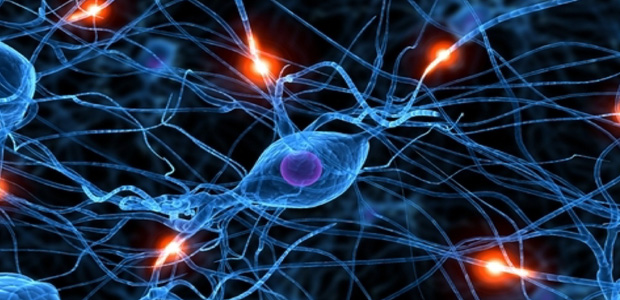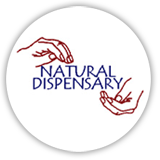
Don’t let baby shrink your brain!
To grow, develop and live a healthy life, we need natural, nourishing food from the start. We may think we are making healthy food choices when doing the supermarket shop, though in reality the food industry is telling us what to eat: the food industry giants only provide what they have processed, packaged, stored and shipped, and which gives them a hefty profit. The nutritional value is a low priority and milk is an excellent example of such a food which has been heavily marketed as nutritious.
Today’s milk is a processed drink, quite different from the nourishing, life-giving food that past generations have prized as an essential part of their diet, valued by man for over 30,000 years1.
In the dairy, nature’s perfect food is deconstructed and reconstituted with different (unnatural) proportions of fat and protein. The fat is creamed off to a standard level: much profit is made from selling this as cream, butter or ice-cream. The resulting skimmed milk has little “body”; this is “corrected” by adding dried skimmed milk powder. In making this powder, the natural cholesterol in milk is oxidised* so by choosing semi-skimmed or skimmed milk to reduce your fat intake, the milk is likely to contribute to heart disease2. The milk is also homogenised (fat is dispersed evenly) and pasteurised (heat-treated to kill harmful bacteria). The final white liquid, masquerading as milk, is now deficient in the natural enzymes and nutrients we need in order to digest and benefit from it. No wonder so many people cannot tolerate it without health problems.
*Cholesterol is essential to health and we should not be concerned about cholesterol in food. Importantly, we should not consume oxidised cholesterol which is implicated in atherosclerosis.
Milk contains proteins including beta casein A1 and A2. A2 is the good protein, found in traditional breeds (Guernsey, Brown Swiss, Jersey) and in goat milk. The most common UK dairy cow is the black-and-white Holstein-Friesian breed3, predominantly A14. Thus, most of the milk we buy is the A1 variety. (A1 exists due to a genetic mutation 5000 years ago.5) So why be concerned? Evidence shows a link between A1 beta casein in milk to increased risk of heart disease, and type 1 diabetes6.
Providing it comes from high quality herds of grass-fed, healthy, organic cows, then we should not be afraid of natural, fresh, unpasteurised milk: it is a nutrient dense, health promoting superfood, beneficial to young and old alike. (US Government data has recently proven that raw milk is safe7.) You can buy it from certified farms8. Enjoy!
References:
- Schmid, R. (2003) The Untold Story of Milk: Green Pastures, Contented Cows and Raw Dairy Products. New Trends Publishing, USA.
- Pratt, B (2010) Nutrition’s Playground. Natural Food Finder.
- www.thisisdairyfarming.com
- www.hookandson.co.uk/page13/files/national-newsletter-30.11.pdf
- http://tinyurl.com/dzoqvp
- http://naturalbias.com/a1-beta-casein-the-devil-in-your-milk/
- www.westonaprice.org/press/government-data-proves-raw-milk-safe
- www.naturalfoodfinder.com




